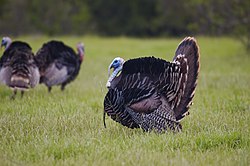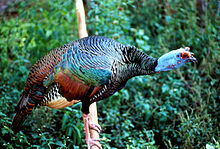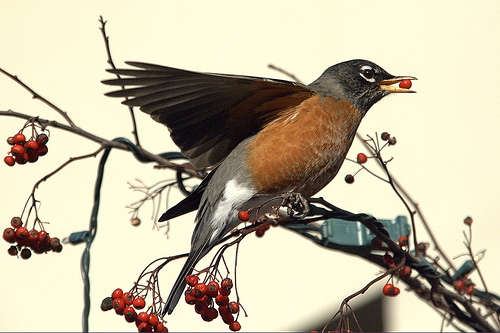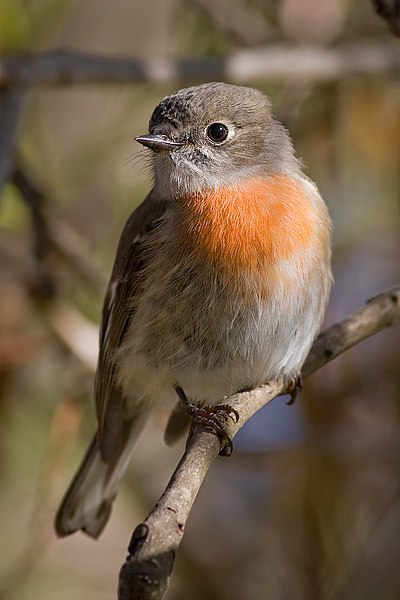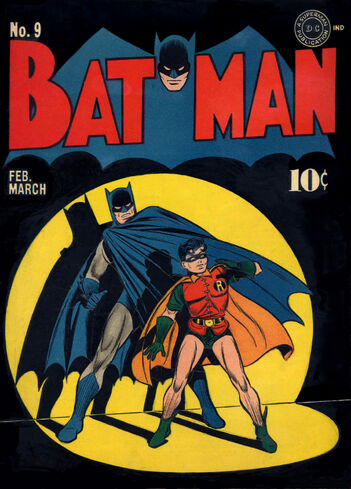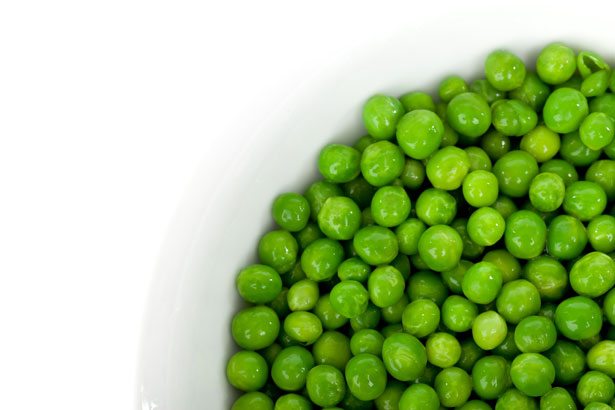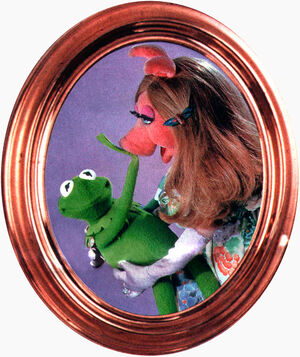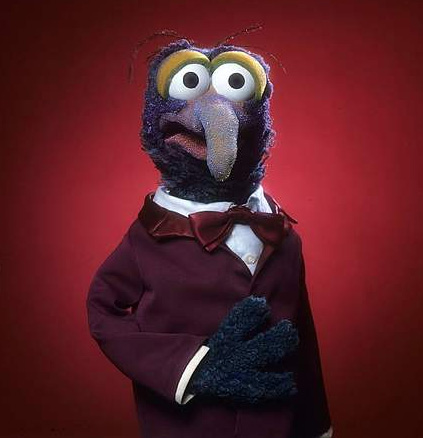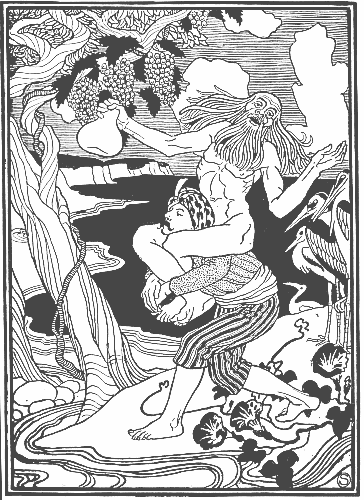And so we bid a fond (possibly) farewell to 2012 and gaze ahead with happy or fearful anticipation.
What will happen next?
The chances are, I believe, that it will be 2013 - but then I'm no Mayan, and neither am I a Nostradamus nor a Cassandra, so don't necessarily take my word for it.
Anyway, old stuff. Or auld stuff, as the word is sung in Auld Lang Syne. (Though why that song is traditionally sung at midnight on New Year's Eve I have no idea. I mean, I can see why you might want to look back fondly at the end the auld year, but why march into a new one looking backwards? Is this where we've all been going wrong all the time?)
The song Auld Lang Syne (Syne with a proper hissing s, apparently, not a z sound) is said to be written by the fabulous Robert Burns, though Burns himself said he "took it down from an old man" and presumably Burns should know. The tune isn't by him, either.
As for spotting something auld, this should be no problem if you have either a parent or a mirror. Big trees are also auld, and stones are even aulder, and if you want to be competitative about it then this:

is a Galaxy with the snappy name of UDFy-38135539, and it's the oldest thing anyone has ever seen. Unfortunately, though, you can only see it with the Hubble telescope. With the naked eye the oldest thing we can see is the Andromeda galaxy, which fortunately has a much snappier and more memorable name.
If it's cloudy...I'm not sure.
Bruce Forsyth?*
Bruce Forsyth?*
Spot the frippet: something auld. This word is the Scots version of old. The word old comes from the Old English eald, and is related to the Latin altus, which means high.
*Sorry, British joke. Sir Bruce is an entertainer still causing wonder, awe and amazement round here by dancing and telling gags well into his sprightly eighties.
*Sorry, British joke. Sir Bruce is an entertainer still causing wonder, awe and amazement round here by dancing and telling gags well into his sprightly eighties.
